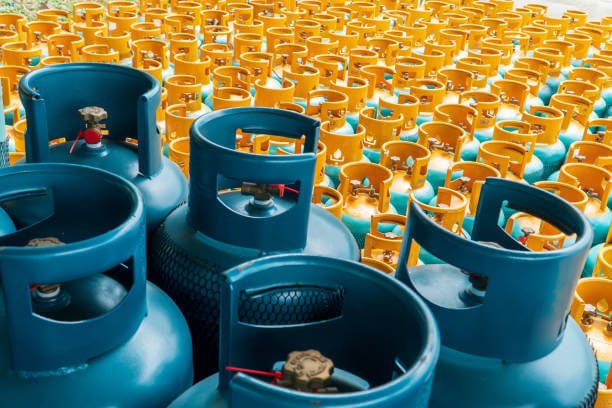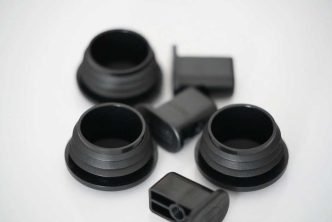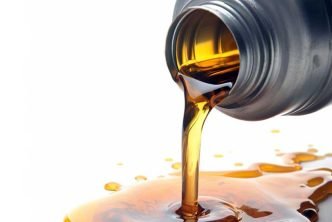Liquefied Petroleum Gas (LPG) is becoming increasingly important as a source of energy for industrial, commercial and domestic uses. LPG is an efficient fuel that can be used in various industries, from manufacturing to hospitality. It is also environmentally friendly, with minimal emissions when burned correctly.
The manufacturing industry relies heavily on LPG for its operations. It provides a clean burning fuel that helps factories maintain high production levels without worrying about air pollution or health risks associated with burning other fuels such as coal or kerosene.
The cost savings associated with using LPG are significant compared to traditional energy sources, making it an attractive option for manufacturers who want to remain competitive in today’s market.
In the hospitality sector, LPG has become an invaluable resource due to its ability to provide hot water quickly and efficiently while keeping running costs low. Hotels often use large amounts of hot water for things like laundry services and guest rooms and LPG is an ideal fuel for this purpose.
In the domestic market, LPG can provide a cost-effective option for heating and cooking. It is clean burning and doesn’t require any special equipment to use, making it an attractive choice for households looking to save money and reduce their environmental footprint.
Table of Contents
11 Tips for Using LPG in Your Industry
1. Research LPG Options
When it comes to purchasing LPG for your industry, you want to make sure that you’re getting the best product for your needs. But with so many different types of LPG available on the market, it can be hard to know which one is right for you. You don’t want to waste time and money purchasing each option only to find out later that it’s not a good fit.
Before making any purchasing decisions, understand the specifications of each product and compare them against your requirements to get the best value for your money. With this approach, you can ensure that you are investing in an optimal fuel solution for your business needs.
2. Ensure Safety
When using, storing, or transporting LP gas, it’s of paramount importance to ensure that all safety equipment is in place. This includes LP gas detectors, hose connections, and any other equipment as necessary.
In addition to this mandated safety equipment, you should also make sure that your staff are properly trained in the use of LPG. This will help reduce the risk of any accidents or incidents.
3. Understand Your Storage Requirements
When storing LPG, you need to make sure that you are adhering to all local and national regulations. This means understanding your storage capacities as well as any other requirements specific to your area. Make sure you know how much space is available for LPG storage, as well as any other factors like fire safety and air quality.
4. Review Your Infrastructure
It’s also important to review your existing infrastructure and assess whether it meets all requirements for using LPG. For example, you may need to update existing pipework or replace old equipment with newer models that are compatible with LPG.
5. Use the Right Equipment
Using the right equipment for LPG is essential to ensure safety and efficiency. You also need to make sure that your staff are trained on how to use this machinery properly and safely.
6. Regularly Inspect Your Equipment
Regularly inspecting your LPG equipment is important to make sure that it is working properly and safely. If any problems are detected, they should be fixed as soon as possible to avoid any safety issues.
7. Source Quality LPG
When sourcing LPG for your industry, you need to make sure that you are getting the best quality product available. This means looking into suppliers and manufacturers with a good track record for delivering high-quality LPG.
8. Monitor Usage Levels
It’s important to regularly monitor your usage levels to ensure that you are getting the most out of your fuel and not wasting any resources. By keeping an eye on how much fuel is being used, you can make sure that you are using it efficiently.
9. Manage Costs
When it comes to using LPG, you need to make sure that you are managing your costs effectively. Having a good understanding of the price of LPG in your region, as well as any discounts or deals available, will help you optimize your fuel budget.
10. Track Your Inventory
Keeping an accurate inventory of your LPG supply is essential to make sure that you are always up to date on levels. This will help minimize any potential delays or problems with fuel availability.
11. Follow Regulations
When using LPG, it’s important to make sure that you are following all local and national regulations. Doing so will help ensure that you are using the fuel safely and efficiently.
By following these tips, you can rest assured that you will be able to make the most of your LP gas and get the best value for your money. Remember to contact your hospitality gas supplier Plus Gas to ensure that your Brisbane business is running smoothly and safely while remaining cost-effective.





